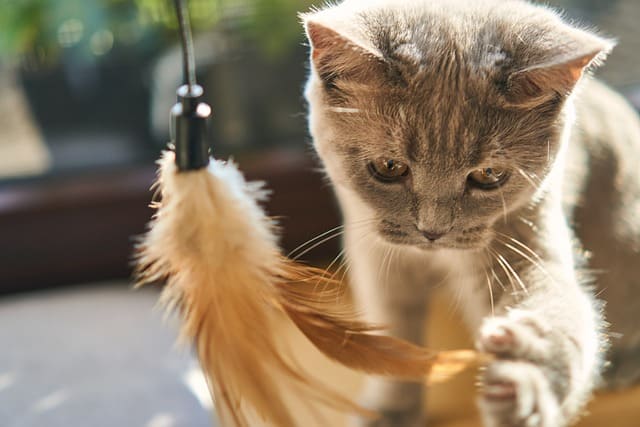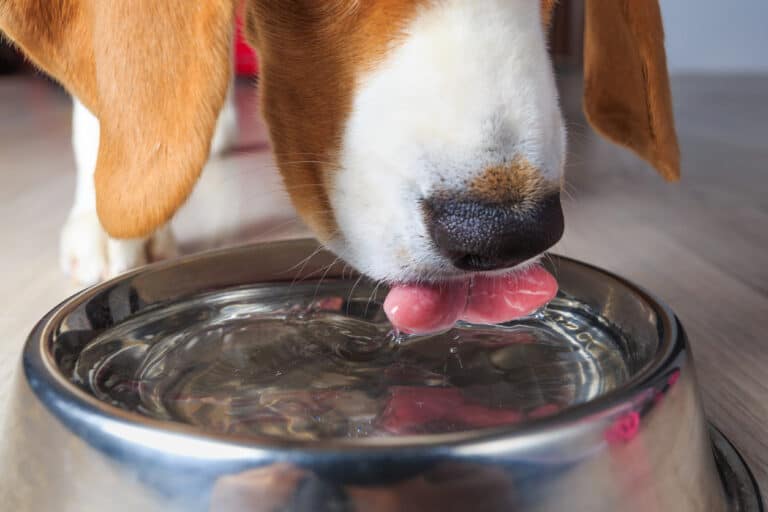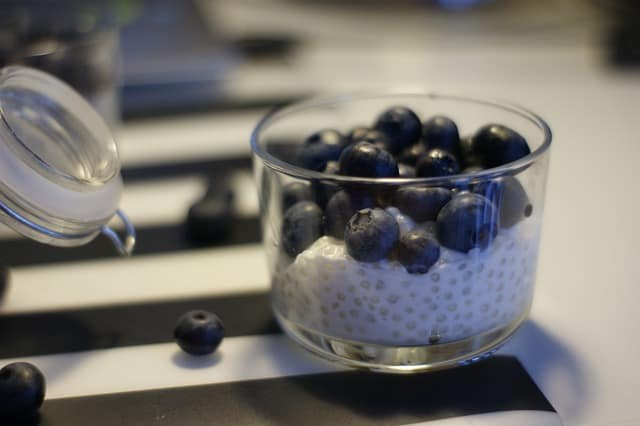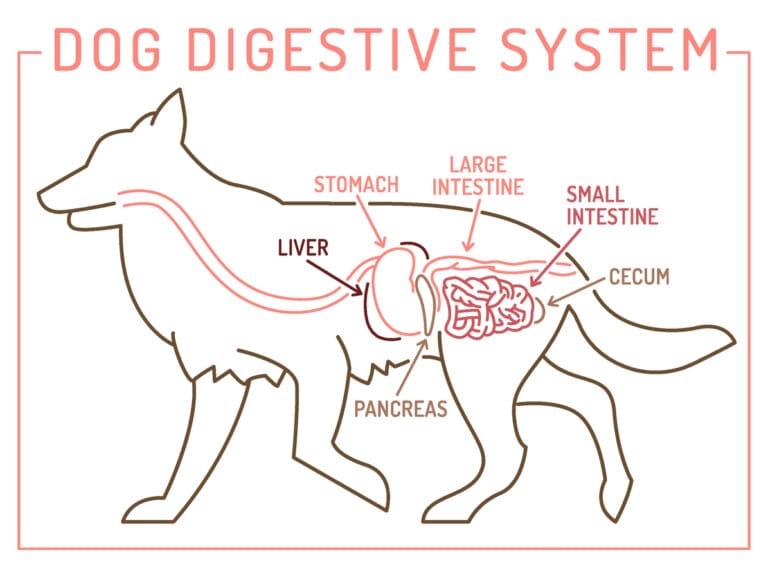Understanding Cat Nutrition: What Every Owner Should Know
Key Takeaways:
- Cats are obligate carnivores requiring a high-protein diet.
- Essential nutrients include taurine, arachidonic acid, and vitamins A and D.
- Hydration is crucial, and wet food can help maintain water balance.
- Quality and balance are key in choosing the right cat food.
- Large fish such as tuna or salmon may not always be the best choice, as they may contain micro plastics.
The Obligate Carnivore: A Cat’s Dietary Needs
Cats are obligate carnivores, which means their diet must be predominantly made up of meat. This is not just a preference but a biological necessity. The right proportion of animal-based proteins is crucial for their health, supporting everything from muscle maintenance to a healthy coat. Unlike dogs and humans, cats have unique nutritional requirements that include certain amino acids like taurine, which they cannot produce in sufficient amounts. Taurine deficiency can lead to serious health issues, including heart disease and blindness.
The Importance of Protein and Amino Acids
Proteins are the building blocks of a cat’s body. They’re essential for growth, maintenance, and overall health. Cats specifically require certain amino acids, such as taurine and arginine, that are found primarily in animal tissues. A diet lacking in these can lead to numerous health problems. For instance, arginine helps in the detoxification process, and its absence can result in a buildup of ammonia in the bloodstream.
Fats: Essential Fatty Acids and Energy
Fats provide the most concentrated form of energy in a cat’s diet. They supply essential fatty acids, like arachidonic acid and omega-3 fatty acids, which are vital for skin health, coat quality, and proper inflammatory responses. These cannot be synthesized by cats and must be included in their diet.
Vitamins and Minerals: Micronutrients for Optimal Health
Vitamins A, D, E, and K, along with B-complex vitamins, are crucial for a cat’s health. For instance, Vitamin A is essential for vision and immune function, while Vitamin D is vital for calcium regulation and bone health. Cats cannot convert beta-carotene to Vitamin A (unlike humans and dogs) and thus need a direct source in their diet.
Minerals like calcium, phosphorus, and magnesium must be balanced in a cat’s diet to support bone health and metabolic functions.
A great supplement that can aid your cats well being and nutrition is Pure Goodness For Happy Tummies. Our all-natural mineral health supplement for pets aids nutrition, regulates PH and can also stop an upset stomach when your little feline ate something it shouldn’t have.
The Role of Hydration in Feline Health
Hydration is a crucial aspect of a cat’s diet. Cats naturally have a low thirst drive and often don’t drink enough water if fed a dry-food-only diet. Including wet food in their diet can help maintain hydration and prevent urinary tract issues.
Special Dietary Considerations
Each cat is unique, and factors like age, health status, and activity level influence dietary needs. For instance, kittens require more calories and nutrients for growth, while senior cats may need diets formulated for kidney health or joint support.
Conclusion
In conclusion, understanding and catering to your cat’s nutritional needs is fundamental to their health and well-being. Always choose high-quality, balanced foods that meet these requirements. And remember, regular veterinary check-ups are crucial for maintaining your cat’s health.
At Nutrified, we’re dedicated to providing you with resources and products that support the health and happiness of your beloved feline friends.







